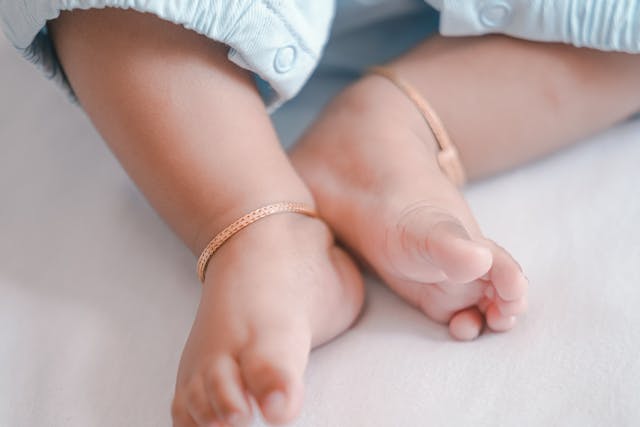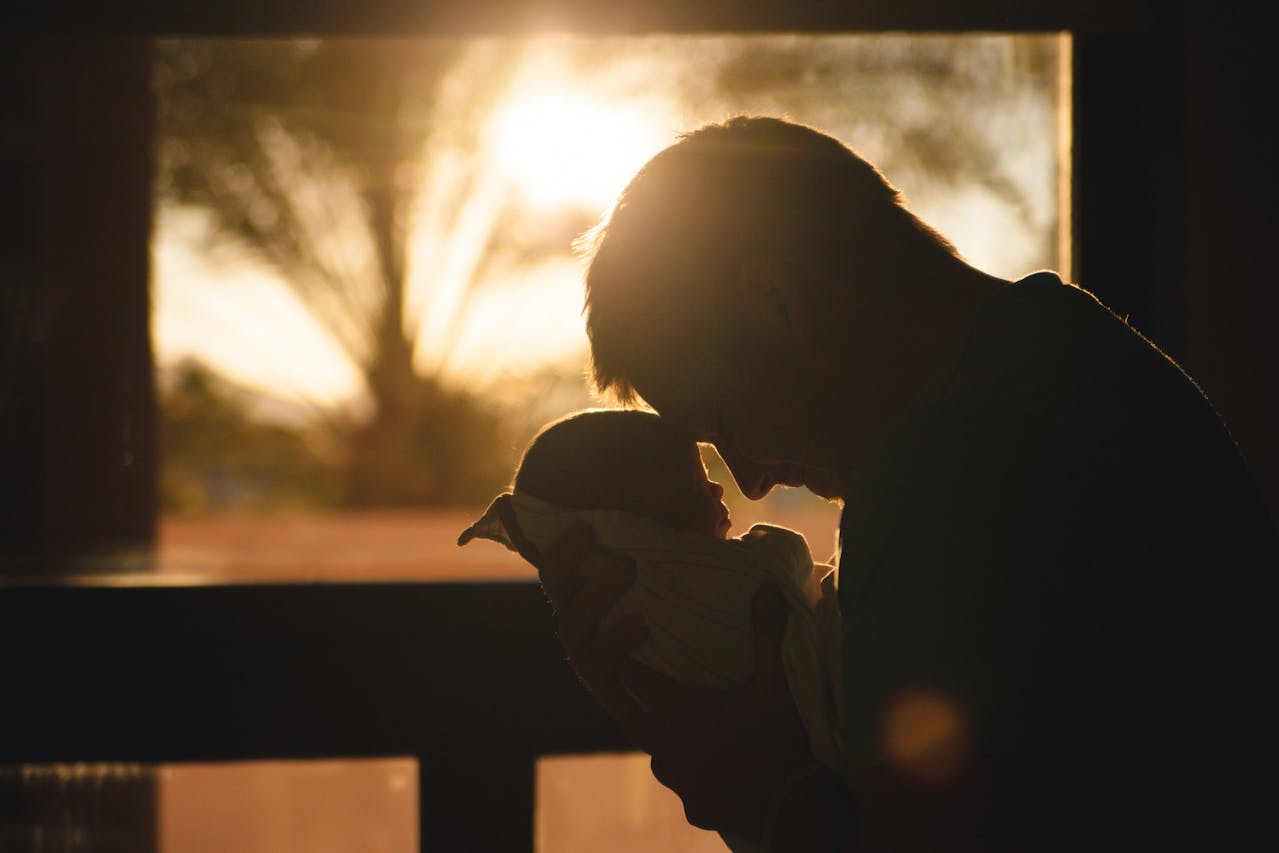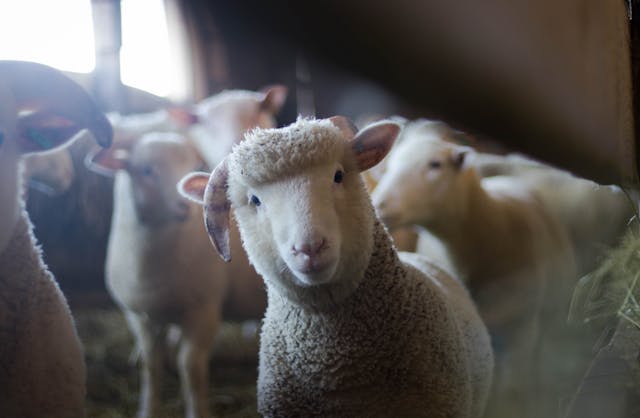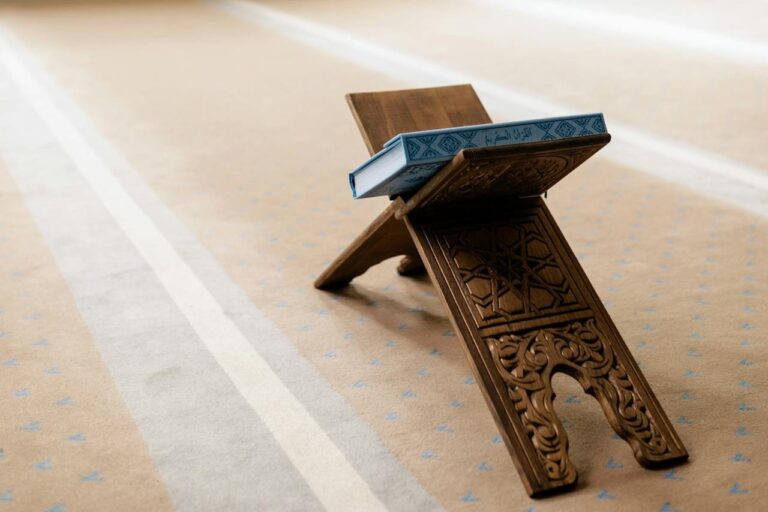Celebrating New Life with the Aqiqah Tradition
Welcoming a new child into the world is one of life’s most joyous occasions. In Islamic tradition, this moment is celebrate by aqiqah ceremony. This practice not only celebrates the birth but also serves to protect and bless the newborn. When a person thanks Allah for a blessing, Allah increases it. One of the many blessings of Allah is the gift of children. The true value of this blessing is known to those who are deprived of it.
Let’s delve deeper into what is aqiqah in islam, its process and how it can positively impact your child’s life right from the start.
What is Aqiqah
The literal meaning of aqiqah is “to cut.” In Islamic terminology, it refers to the sacrifice of an animal on the seventh day after the birth of a child. It is a sunnah act. It is established through many authentic hadith from the Prophet Muhammad (peace be upon him) and the companions. Hazrat Aisha (may Allah be pleased with her) narrated that:
The Messenger of Allah (peace be upon him) commanded the sacrifice of two sheep for a boy and one sheep for a girl. (Tirmidhi: 1513)
The Significance of Aqiqah in Islam
Aqeeqah holds profound significance in Islam, representing a joyous occasion for welcoming a newborn into the family and community. It is an act of gratitude to Allah for the precious gift of life. The practice stems from authentic traditions where the Prophet PBUH emphasized its importance. He said:
“Every child is in pledge for its Aqiqah.” (Tirmidhi: 1522)
“Aqeeqah is to be offered for the newborn, so shed blood (of a livestock) on his behalf and remove harmful things from it.” (Bukhari)

The Sunnah Method of Performing Aqiqah
When a boy or girl is born, it is preferable to perform the Aqiqah on the seventh day. For a boy, two goats, two sheep, or two similar animals should be sacrificed. For a girl, one goat, sheep, or a similar animal should be sacrificed. Alternatively, one can take two shares in a cow for a boy and one share for a girl, or sacrifice a whole cow—any of these methods are permissible.
Aqiqah for Boy
It is preferrable to sacrifice two goat or sheep for a boy. If someone has limited means and can only sacrifice one goat or sheep for a boy, there is no harm in doing so. If someone is not capable, there is also no harm in doing so, as it is recommended (Mustahabb) and not obligatory. (Mishkat)
Aqiqah for Girl
Unfortunately, many people become disheartened at the birth of a daughter, despite the fact that the birth of a daughter and her proper upbringing can be a means of attaining Paradise. This is why not only is it recommended to celebrate the birth for a son but also for a daughter.
Shaving the Head and Giving Charity
On the seventh day after the birth of a boy or girl, it is preferable to shave the child’s head. After shaving the child’s head, give charity in the form of gold or silver equivalent to the weight of the hair. The hair should then be buried in a suitable place. (Mishkat, Vol. 2, p. 362)
Sacrifice the Animal and Recite Dua for Aqiqah
When an animal is slaughtered, the person performing the slaughter should recite these following dua:
بِسْمِ اللّٰہِ وَاللّٰہُ أَکْبَرُ اَللّٰہُمَّ لَکَ وَإِلَیْکَ عَقِیْقَۃُ فُلَانٍ
Translation: “In the name of Allah, Allah is the Greatest. O Allah! This is for You and presented to You as the Aqeeqah of [the name of the child].”
اَللّٰہُمَّ ہٰذِہٖ عَقِیْقَۃُ ابْنِيْ فَإِنَّ دَمَہَا بِدَمِہٖ وَلَحْمَہَا بِلَحْمِہٖ وَعَظْمَہَا بِعَظْمِہٖ وَجِلْدَہَا بِجِلْدِہٖ وَشَعْرَہَا بِشَعْرِہٖ، اَللّٰہُمَّ اجْعَلْہَا فِدَائً لِابْنِيْ مِنَ النَّار
Translation: “O Allah! This is the Aqeeqah of my son/daughter. So, its blood is in exchange for his/her blood, its flesh is in exchange for his/her flesh, its bones are in exchange for his/her bones, its skin is in exchange for his/her skin, and its hair is in exchange for his/her hair. O Allah! Make it a ransom for my son/daughter from the Hellfire.” [Reference]
Aqiqah Rules and Guidelines
Ruling on Delayed Aqeeqah
If someone is unable to perform it on the seventh day after the birth, it is recommended to perform it on a subsequent seventh day. (Sharh al-Muhadhdhab, Vol. 9, p. 245)
However, if someone performs it on any other day without adhering to this calculation, or even combines it with the sacrifice on Eid al-Adha, it is still permissible.
If a person’s Aqiqah was not performed after birth, it is permissible for them to perform it later in life.
Permissible Animals for Aqiqah
The animals that are permissible for Qurbani (sacrifice) are also permissible for Aqeeqah, such as camels, cows, buffaloes, goats, etc. In the case of camels or cows, up to seven shares can be allocated. For example, if a person has three sons and one daughter, they can sacrifice a cow or camel for all of them. (Hidaya, Vol. 5, p. 304)
Recommended Distribution of Aqiqah Meat
It is recommended to divide the meat of aqeeqah into three parts: one part should be given in charity, one part should be shared with neighbors and relatives, and one part should be kept for the household. (Reference above)
Hosting a meal with meat is also permissible. Additionally, it is allowed to use this meat for a Walimah (wedding feast). (Bahishti Zewar, Vol. 3, p. 43)
Conclusion
Embracing the Sunnah of Aqiqah is a beautiful way to welcome a child into the world. This practice, rich in significance, serves not only as an act of gratitude but also provides protection and blessings for our little ones.
Celebrate this time-honored custom with open hearts and minds, nurturing the next generation with wisdom rooted in Islamic teachings.








